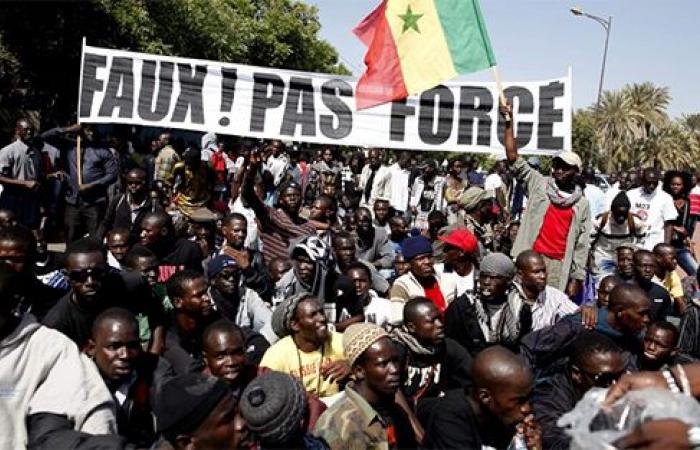The emergence of populists on the political scene, starting in the 1980s, is the major political event of recent decades. All over the world, populist ideas, like democratic ones at the end of the 20th century, are growing and benefiting from a certain consecration. Populist leaders, supported by great legitimacy, are increasingly gaining power. They are, for the most part, ethnonationalists with persecuting speeches against foreigners and minorities. We live, according to Pierre Rosanvallon, in the “century of populism” where democratic principles, long declaimed and sanctified, are surreptitiously vandalized. A new political mode has thus attracted several societies.
When failing democracies give birth to populism
It is a truism to recall that the democratic fact, like never before, is being called into question everywhere in the world. The crisis of representation is the major symptom of the democratic regression of our century. The feeling of dereliction is quite deep in many democratic societies where citizens, excluded or feeling excluded from the National Representation, call into question the pact of the pluralist and inclusive community. It must be said that the untimely upheavals of societies have not been accompanied by institutions capable of deepening representation with a view to including minorities. They are generally the ones left behind in democratic societies, strongly marked – and threatened – by the social fractures induced and inherent in the market economy.
Populist rhetoric, empty and vulgar, relies on this democratic failure in order to pit the People against the elite, to attack the foundations of society, to espouse fascist ideas, etc. Populism, which arises from democracy because it creates the framework for its political consecration (accession to power), is based on its various failures to establish its discourse, refine its strategies and attack its ideology. -mother. It is the imperfections of the democratic regime that have given rise to populism, which can be defined, according to Cas Mudde and Cristóbal Rovira Kaltwasser, as an “ideology of little substance which considers that society is divided into two homogeneous and antagonistic camps, the “people pure” and the “corrupt elite”, and which affirms that politics should be the expression of the general will of the people” (Brief introduction to populism, Editions de l’Aube, European Foundation for Progressive Studies and Fondation Jean- Jaurès, 2018, p. 18). The populist discourse is “insubstantial” insofar as it is only created from the simple criticism of democracy. The idea of considering that the “sovereignty of the People is limitless” (to quote Marc Lazar) and that they must dare to regain it, because it has been confiscated by elected officials, emanates from populist Manichaeism which postulates that democratic elites are unaware the vox populi, disguise it and confiscate it. It is democracy, after all, which is the milk cow of superficial populist ideology.
The democratic spirit of populism
Democracies, jealous of being supplanted by another manifestation of politics, virulently criticize populism. In national political battles, giving the nickname populist to your opponent is a way of denigrating him. Populism, as a violent discourse that undermines republican values, is presented as a danger for democracy, for the Republic and, therefore, the political community as a whole. However, the populist discourse, as vulgar as it may be, has had the merit of bringing back the notion of the People, considerably marginalized for some time, to the heart of contemporary democracies. The obsession with bringing everything back to the People, the sole judge of all acts of governance, gives them back their former prestige that democracy had extorted. Populist waves are also an opportunity for democracies to judge and reassess the state of their political representation. It seems that this moment has arrived when democratic ideas, even the most fundamental, manifest a burning need for aggiornamento. The destiny of populists, by the way, is not inevitable failure, although they are considerably inclined to it.
Populism should in no way frighten democracies, far from it, but it must encourage them to question themselves, to reinvent themselves, to extricate themselves from their congenital condescension. The best way for democracies to counter populism, these authors already cited tell us, is to destroy the foundations of populist discourse. This means that poor representation and economic failures, which are the spearheads of populist rhetoric, must be resolved to torpedo it, which is already insubstantial. The response must be effective, pragmatic, because populism (in the general sense of the term) “is part of democracy. But rather than his reflection, he is his (bad) conscience” (idem, p. 156).
Baba DIENG – Political Science – UGB






